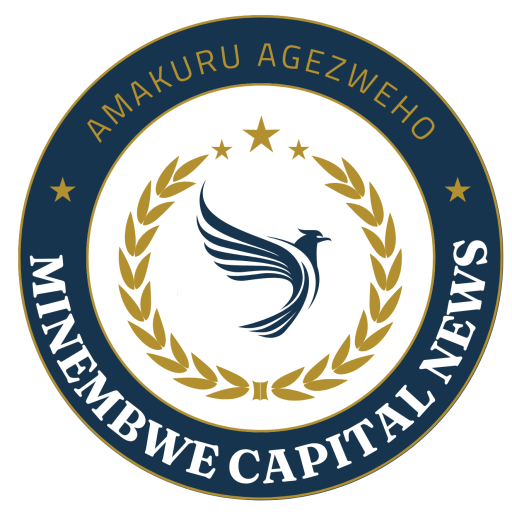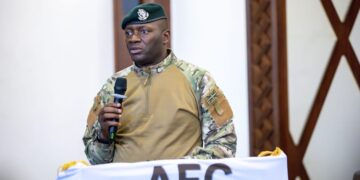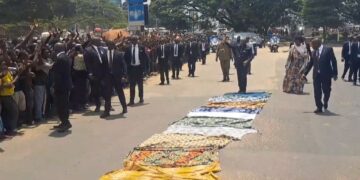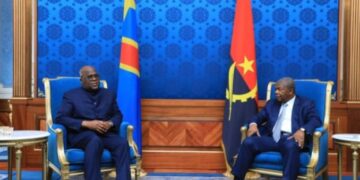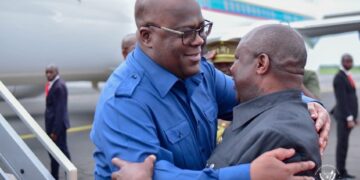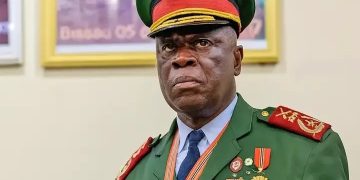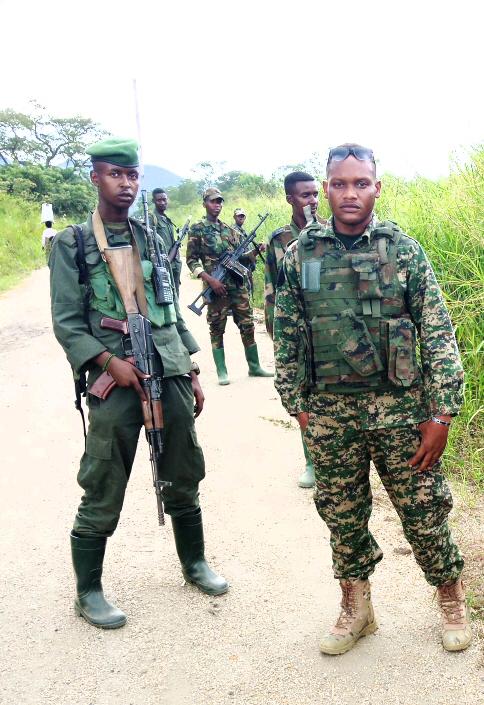
By Chris Muhizi for MCN.
The M23 movement continues to demand dialog with the DRC government. However, Kinshasa has resisted for more than a year.
Mr. Kenyatta gathered the parties involved in the Congolese issue two weeks ago in Nairobi and urged everyone to contribute to restoring the much-needed peace.
At the Nairobi meeting, which was also attended by representatives of the United Nations, the Congolese government, the African Union, the International Conference on the Great Lakes Region, and the East African Community, he said, “We have done good work so far, but I strongly believe that we will not be able to achieve that unless we work together, unless we have one singular common objective.”
We need to find a means to persuade all armed factions to give up their weapons and participate in the peace process.
Nyamwisi stated on Tuesday that “the (DRC) government is in action to negotiate the turnaround needed to restore the peace so desperately needed here.”
However, much may rely on how DRC reacts to Kenyatta’s invitation to all groups, including M23, to the negotiating table.
According to sources, one of the incentives for parties to lay down their weapons is a voluntary cantonment program for armed groups, which will then be permitted to participate in the negotiations known as the Nairobi Peace Process, which Kenyatta monitors on behalf of the EAC.
The idea is complex, and the M23, which has frequently accused other armed groups and the DRC government of inciting violence, this week also accused foreign observers of watching as new bloodshed broke out.
Lawrence Kanyuka, the political spokesperson for M23, alleged on Wednesday that the DRC government had been “continually killing our compatriots in Masisi, Bwito, and their surroundings.”
Despite pressure from South African President Cyril Ramaphosa and an inclusive notion put up by the East African Community that all parties be involved in negotiation this time, Kinshasa is actually hesitating to officially clarify if it is ready to negotiate with the M23.
Mr. Kenyatta urged the continuation of the several regional peace initiatives so that “the Congolese are able to talk to each other, to come to the resolution”.
“We are asking the Congolese people to be united, so that together we can seek the paths that lead to peace, so that we can find the means for the citizens of this country to live in peace and unity, and that is the development they deserve to have, through peace and so that your country is respected in the world,” he said.
Along with the military command of the EAC regional force (EACRF), representatives from Angola, the US, France, Belgium, and Switzerland, as well as the UN Secretary-General’s representative in the DRC and the head of the peacekeeping mission, Monusco, Bintu Keita, all attended the meeting as observers.
However, Kenyatta’s arrival came with the breakdown of the truce between M23 and the Congolese armed forces (FARDC), with intermittent violence between the M23 and Wazalendo armed groups claiming to be defending Congolese territory.
Kenyatta is advocating for the M23 to be cantoned in the Rumangabo camp in North Kivu, eastern DRC.
